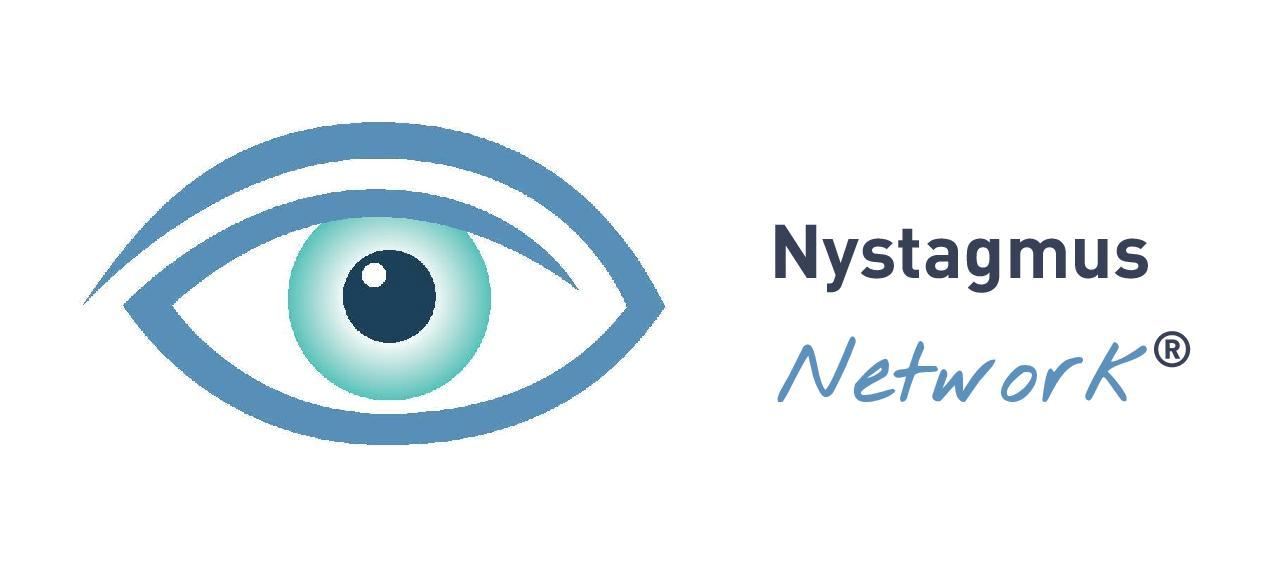At the end of 2021 the Nystagmus Network invited funding applications from UK nystagmus researchers to cover the cost of equipment needed to take their work forward. This week work has begun at the University of Sheffield and Sheffield Hospital using newly funded equipment.
Orthoptist, Gemma Arblaster, from the University of Sheffield applied for a grant to purchase two different head position measuring devices. Her aim was to find a simple, accurate and clinically acceptable method of measuring head position and abnormal head postures in patients with nystagmus.
The Nystagmus Network was delighted to be able to fund the equipment, costing £549.25, thanks to the generosity of our supporters and fundraisers.
In patients with nystagmus head position is an important measurement, particularly during different tasks and different levels of visual demand. Currently in clinical practice Orthoptist or Ophthalmologist descriptions of head position and abnormal head postures are relied on. This method could be improved, and head position could be recorded and measured more accurately.
The team at the University of Sheffield have been exploring methods of head position measurement, with an attempt to find a robust, but simple method of accurately measuring head position and head postures. Ideally this measurement would be simple to perform and non-invasive, but finding an accurate and remote method of measuring head position, suitable for clinical practice, has proved difficult. The gold standard Polhemus device was accurate, but impractical to use in a clinical setting. The depth camera (microsoft Kinect camera) was easier to use, but the data was less accurate than the Polhemus, particularly when less of the face was visible to the camera. The Kinect camera has also been commercially discontinued.
Gemma’s application was for two ‘low tech’ devices to measure head position to further both clinical and research interests in measuring head position and abnormal head postures in nystagmus. The cervical range of motion (CROM) is positioned on the head, but is considered accurate and fairly simple to use. The goniometer is an even simpler device that is placed near the head and does not need to be worn, however it can only measure in one plane at a time. Both devices offer potential to be used accurately to measure head position and abnormal head postures in patients with nystagmus, but further evidence is needed to explore their usability and support their accuracy.
Firstly, the devices will be used in the Orthoptic clinic at STH NHS FT to explore their ease of use and limitations in patients with nystagmus and abnormal head postures. Secondly, ethical approval will be gained for a research study comparing clinician descriptions of head position and abnormal head postures (current clinical practice) with measurements using the CROM and the goniometer in patients with nystagmus and abnormal head postures for other clinical reasons. The aim is to find out which method of measuring head position and abnormal head postures is the most simple and accurate in patients with nystagmus. This research will be published and the results disseminated. The plan is to apply for further funding to support research investigating and measuring head position and abnormal head posture measurement in nystagmus. This is particularly important for measuring the outcomes of interventions for nystagmus that are specifically targeted at improving head posture (such as surgery) and improving vision (such as medications).
Gemma currently has a clinical contract with STH NHS FT and a lecturer position at the University of Sheffield. This gives her a unique opportunity to undertake research in clinical populations and in student populations. The CROM and goniometer devices will be kept in the Orthoptic Department at STH NHS FT and used in patients with nystagmus for clinical and research purposes. Both devices will also be available to the University of Sheffield for undergraduate teaching and undergraduate research projects, which can only recruit participants from the volunteer student population.
This week, Gemma has begun work with the Nystagmus Network funded devices. She said:
“Thank you Nystagmus Network for funding our new head posture measuring equipment. I’m excited to start using it in the orthoptics clinic at Sheffield Hospital.”




